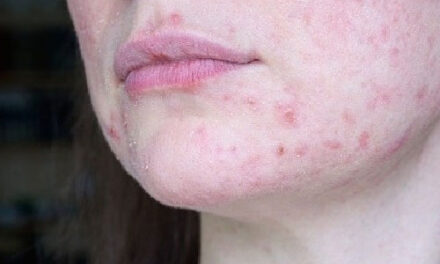As cases of degenerative arthritis surge among younger adults, a groundbreaking study from Pohang University of Science and Technology (POSTECH) and Kyungpook National University in South Korea presents a promising solution using an unlikely source: mussels.
Published in the prestigious Biomaterials journal, the research led by Professor Hyung Joon Cha and Dr. Hyun Sun Choi from POSTECH, along with Professor Yun Kee Jo from Kyungpook National University, introduces a revolutionary coating material for implants that could transform treatment outcomes for arthritis sufferers.
Degenerative arthritis, once predominantly associated with the elderly, has seen a staggering 22.8% increase among individuals in their 20s and 30s, according to a report from the National Health Insurance Service spanning the years 2012 to 2022. Prolonged periods of desk sitting and the excessive lifting of heavy sports equipment are cited as key contributors to this rise, resulting in significant cartilage damage.
While artificial joints have been a common treatment, bacterial infections have posed significant challenges, often leading to complications and recurrent infections even after treatment with antibiotics. The new study proposes an innovative approach using mussel adhesion proteins to develop a coating material that releases antibiotics in response to bacterial invasion.
The research team focused on DOPA, an amino acid found in mussel adhesion proteins known for forming strong bonds with metal ions. Leveraging this property, they designed a coating material that releases antibiotics when the body’s acidity increases due to bacterial invasion. This intelligent material releases 70% of the antibiotics within eight hours of infection, effectively eliminating bacteria while maintaining durability during the bone regeneration phase following the implant procedure.
Professor Cha expressed optimism about the potential of the adhesive implant coating material, stating, “The immediate and sustained antimicrobial effect has the potential to significantly enhance the success rate of implant procedures.” Professor Jo highlighted the groundbreaking nature of the research, emphasizing its role in preventing the emergence of antibiotic-resistant bacteria in the future.
Supported by various government and industry grants, including the Korea Health Technology R&D Project and the Dentistry Technology R&D Project, the study represents a significant advancement in the field of biomaterials and offers hope for arthritis patients worldwide.












